As the Israel-Iran conflict entered its seventh day on Thursday, both nations exchanged fresh missile strikes, raising fears of a broader regional war. The Israeli military confirmed late Wednesday that air raid sirens were activated nationwide following missile and drone attacks launched from Iran. One Iranian drone was intercepted by Israel's defense systems.
In response, the Israel Defense Forces (IDF) launched a new wave of air raids on Tehran, targeting military infrastructure. The IDF issued warnings to residents of Arak and Khondab, urging them to evacuate ahead of the strikes. The ongoing conflict, which began with Israel’s launch of Operation Rising Lion last Friday, has so far claimed over 250 lives—more than 220 of them in Iran.
Prime Minister Benjamin Netanyahu, in a televised statement, said Israel's objective is to neutralize the twin threats of nuclear weapons and ballistic missiles. “We are striking nuclear facilities, missile sites, command centers, and regime symbols with full force,” he declared. Netanyahu also claimed that the Israeli Air Force “controls the skies over Tehran.”
The Israeli leader thanked U.S. President Donald Trump for his support, calling him “a great friend of Israel.” Netanyahu confirmed ongoing conversations between the two leaders amid the crisis.
President Trump, however, remained non-committal on potential American military involvement. “I may do it. I may not do it,” he told reporters, adding an air of unpredictability to Washington's role.
Bloomberg News reported that U.S. officials are actively preparing for a possible strike on Iran, potentially as early as the coming weekend.
In his first appearance since the conflict began, Iran’s Supreme Leader Ayatollah Ali Khamenei warned the U.S. against military involvement, stating that any attack would bring “irreparable damage” to American interests and be a grave miscalculation.








 OpinionExpress.In
OpinionExpress.In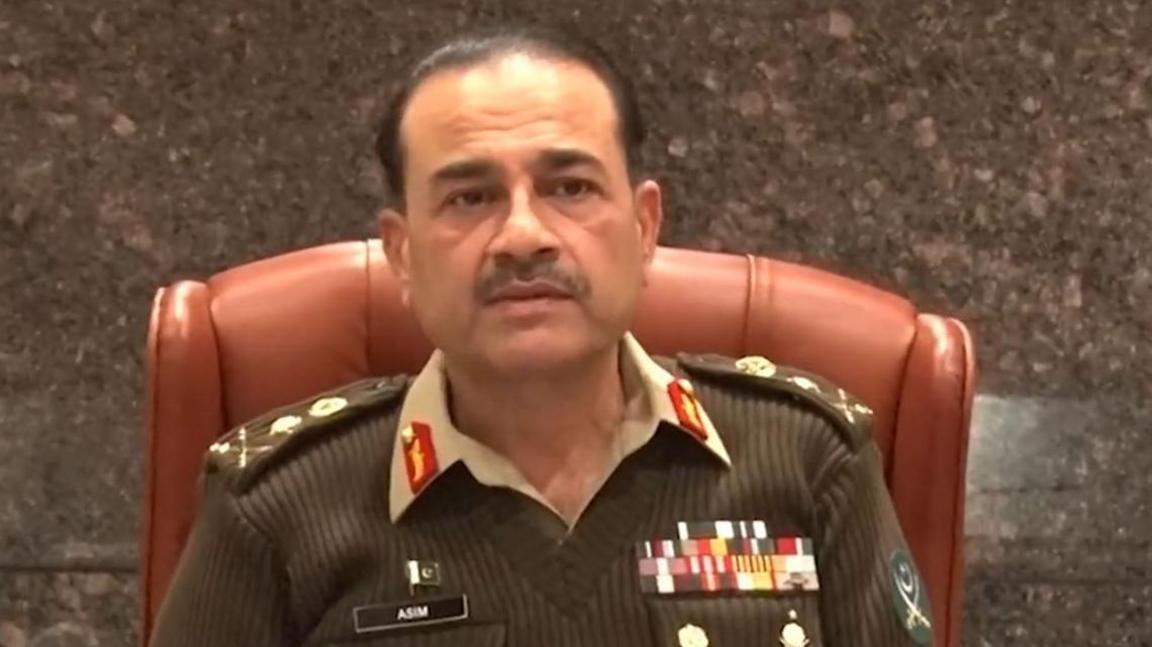
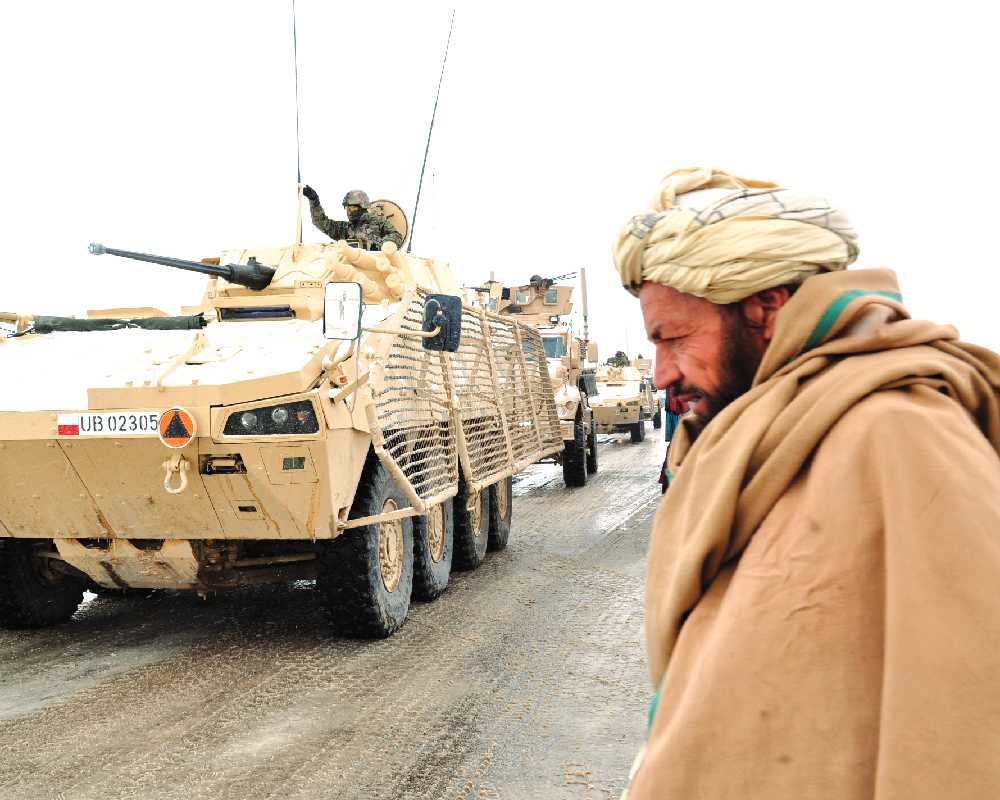



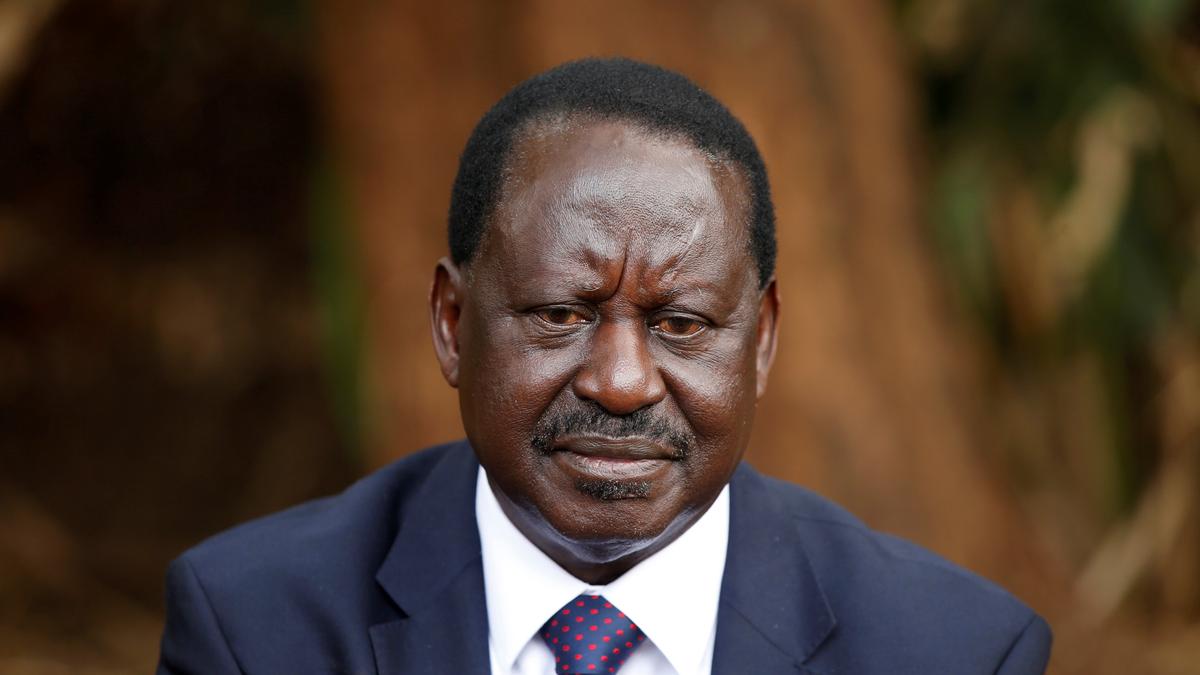
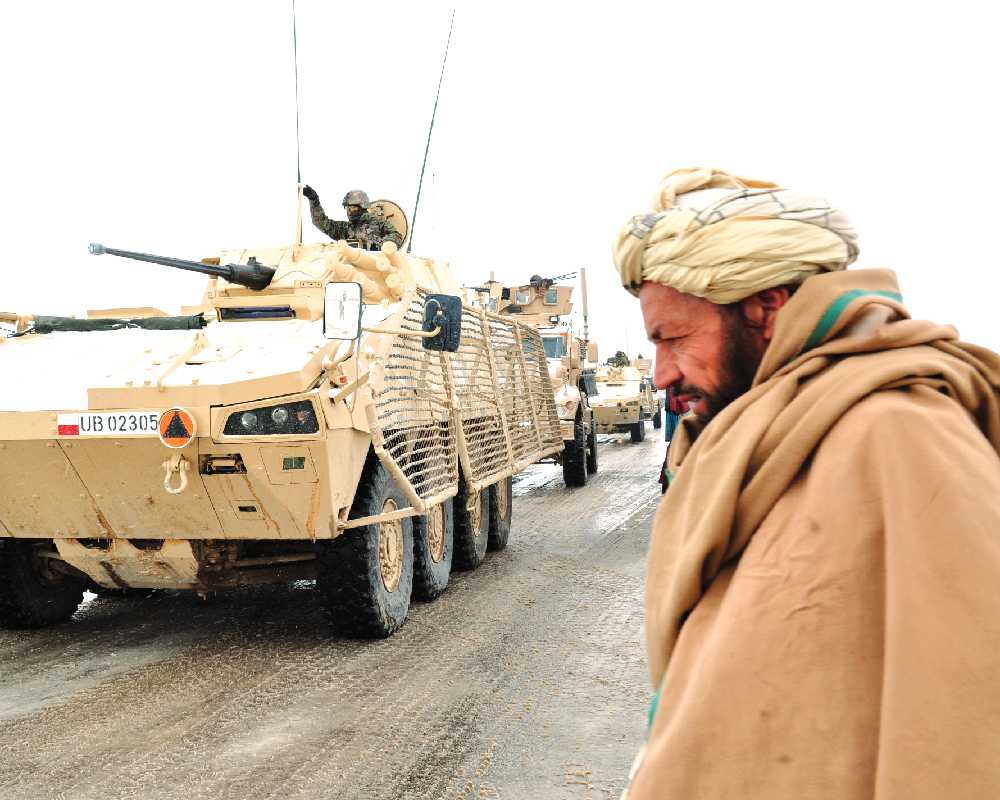

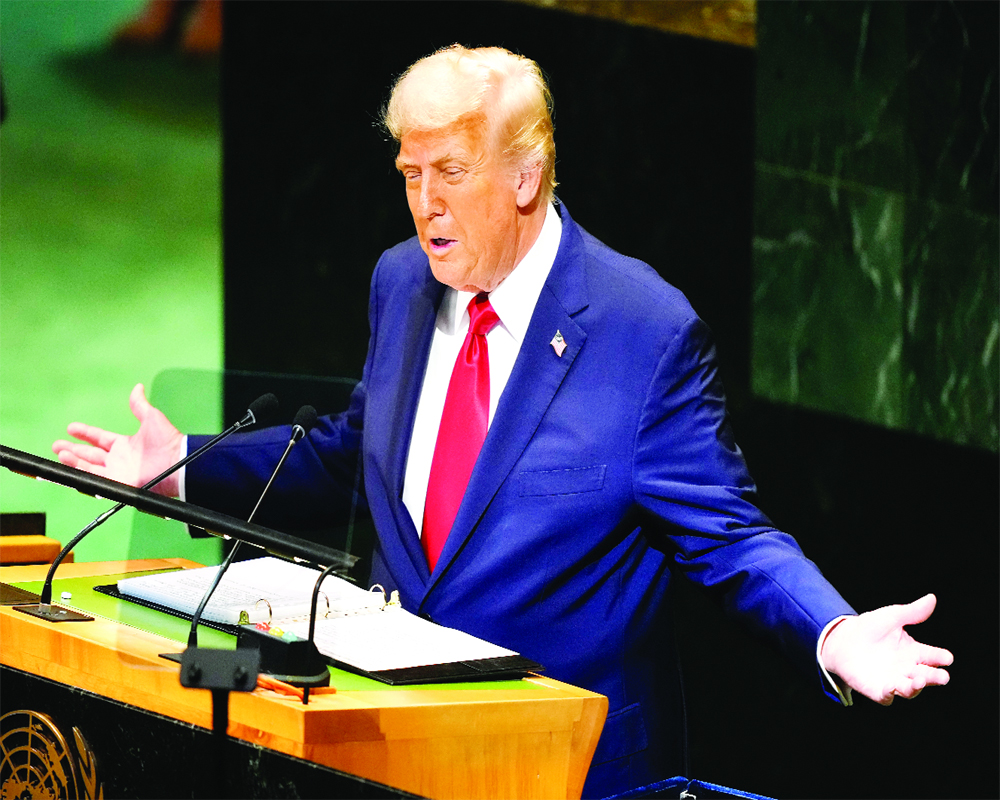
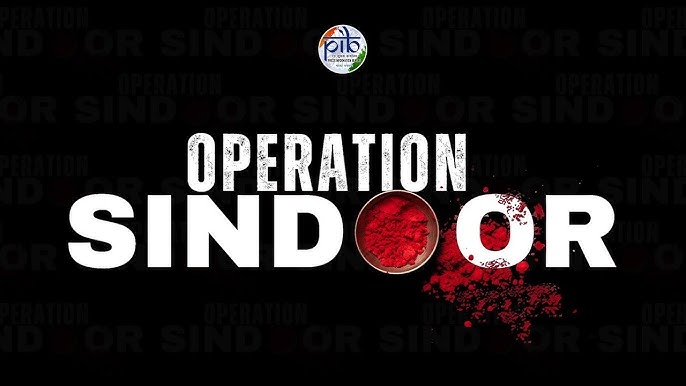






Comments (0)